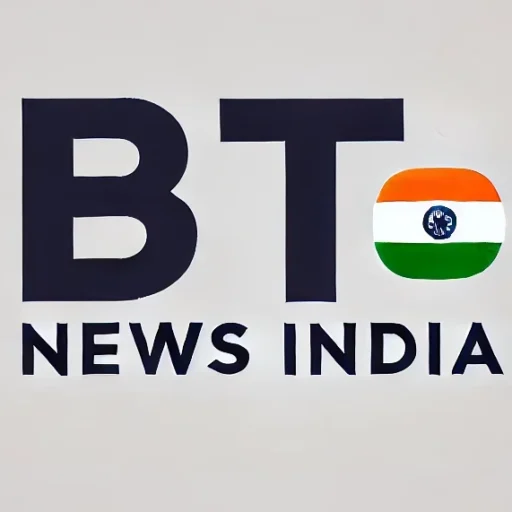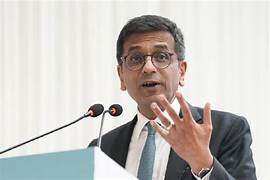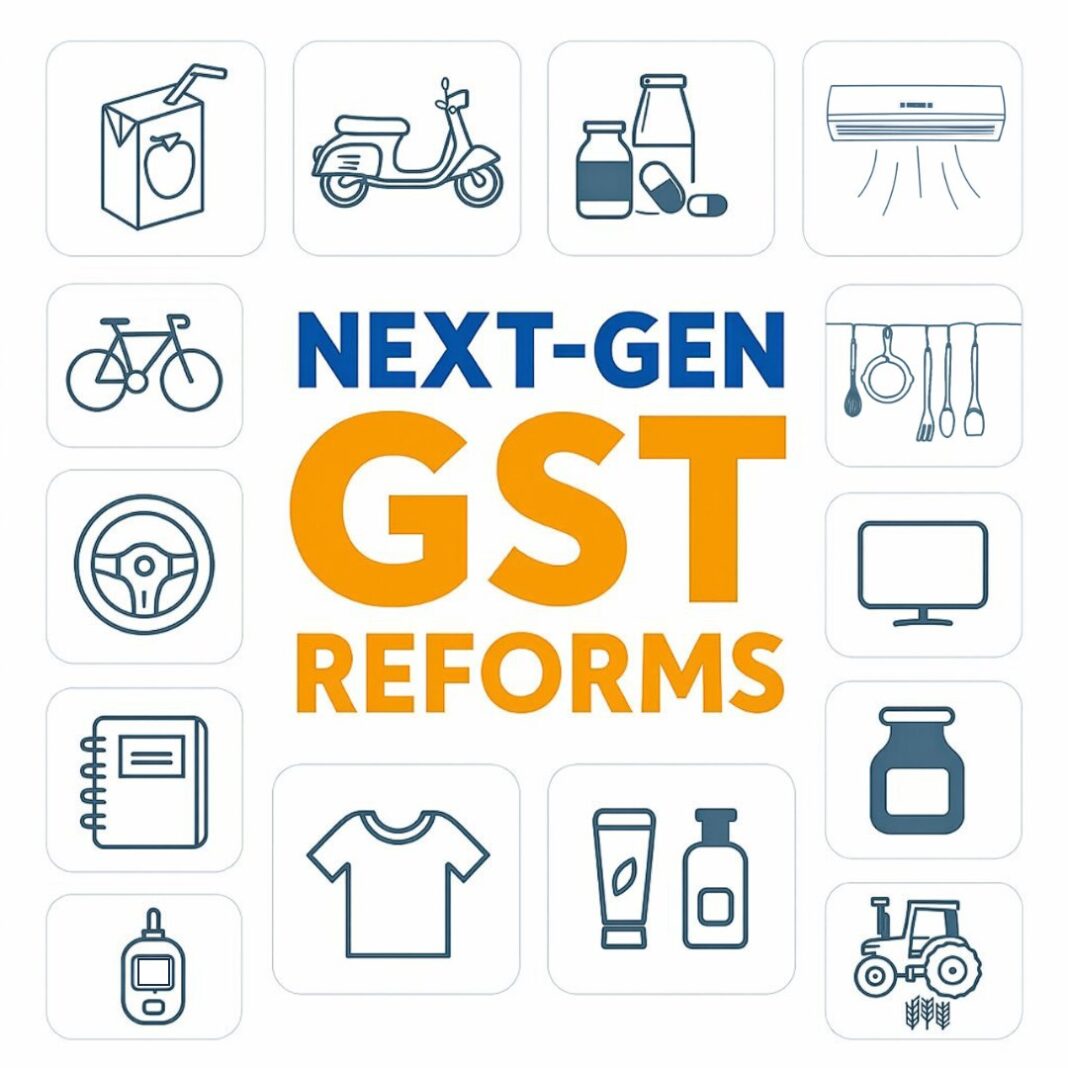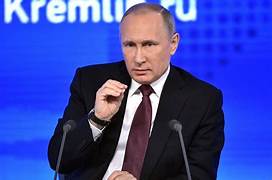Kapil Sibal’s Repeated Adjournments and Strategic Withdrawal of Bail Plea Exposed as Key Reasons for Case Delays
Published on: September 04, 2025
By: [BTNI]
Location: New Delhi, India
In a revealing interview, former Chief Justice of India DY Chandrachud has debunked narratives of judicial delays in the bail case of Umar Khalid, a former JNU scholar and activist charged under the Unlawful Activities (Prevention) Act (UAPA) for his alleged role in the 2020 Delhi riots.
Chandrachud clarified that the prolonged hearings were largely due to strategic adjournments sought by Khalid’s legal team, led by Senior Advocate Kapil Sibal, who requested delays seven out of 14 times in the Supreme Court. This revelation challenges claims of a “fake liberal agenda” blaming the judiciary for keeping Khalid in jail without trial for over four years.
The Bail Saga: A Timeline of Delays
Umar Khalid, arrested in September 2020, has been in Tihar Jail as an undertrial in the Delhi riots “larger conspiracy” case. His bail journey began with a denial by a Delhi court in March 2022, followed by the Delhi High Court’s rejection in October 2022, citing prima facie evidence of his involvement in a “terrorist act” under UAPA. Khalid then approached the Supreme Court in April 2023, where his plea faced multiple adjournments.
Court records show that Kapil Sibal, representing Khalid, sought adjournments on several occasions, including July 24, 2023, September 5, 2023, and January 24, 2024, often citing his unavailability due to other cases or requesting more time. On October 31, 2023, Khalid’s bail plea was tagged with other petitions challenging UAPA provisions, a move initially requested by his legal team. However, when attempts to have the case heard by then-CJI Chandrachud failed, Sibal and other advocates, including Prashant Bhushan, sought to de-tag the petitions, raising concerns about “forum shopping” to secure a favorable bench.
Ultimately, on February 14, 2024, Sibal withdrew Khalid’s bail plea from the Supreme Court, citing a vague “change in circumstances” and opting to pursue relief in the trial court. Chandrachud emphasized in his interview with journalist Barkha Dutt that these adjournments and the withdrawal were strategic choices by Khalid’s team, not judicial delays. “Court records indicate multiple bail applications were filed, yet the defense consistently sought adjournments,” he stated, countering media narratives blaming the judiciary.
Allegations of Forum Shopping
Chandrachud’s remarks also hinted at attempts by Khalid’s legal team to manipulate judicial assignments. In December 2023, advocates like Prashant Bhushan and Abhishek Manu Singhvi raised objections to Khalid’s case being listed before Justice Bela M. Trivedi, insisting it should be heard by the CJI. Chandrachud firmly rejected these demands, stating, “If the case is listed before a judge, the judge will take a call. I will not say anything.” This response underscored his commitment to judicial impartiality, thwarting efforts to influence bench assignments.
Also read- https://www.btnewsindia.com/gst-2-0-unveiled-big-savings-on-essentials-new-tax-slabs-to-boost-affordability/ https://www.btnewsindia.com/रोज-सुबह-करें-ये-5-काम-तनाव-क/
The Larger Context
Khalid’s case has sparked polarized debates. Supporters, including his partner Banojyotsna Lahiri and the Jawaharlal Nehru University Students’ Union (JNUSU), argue that his prolonged detention without trial violates fundamental rights under Article 21 of the Constitution.
They point to bail granted to co-accused like Natasha Narwal, Devangana Kalita, and Asif Iqbal Tanha as grounds for parity. Critics, however, allege that Khalid’s legal maneuvers, including repeated adjournments and withdrawal of his Supreme Court plea, were calculated to exploit delays for sympathy or to push a narrative of judicial bias.
The Delhi Police maintain that Khalid was a “key conspirator” in the 2020 riots, citing his alleged coordination through WhatsApp groups and witness statements. Kapil Sibal has argued that the charges are vague and lack evidence, claiming Khalid was not in Delhi during the violence and that his speeches were misconstrued as conspiratorial.
Despite these arguments, courts have consistently upheld the prosecution’s claims, with the Delhi High Court recently dismissing Khalid’s latest bail plea on September 2, 2025, reinforcing that the riots were a “well-thought-out conspiracy.”
Chandrachud’s Stand on Bail
Addressing broader concerns about bail under stringent laws like UAPA, Chandrachud reiterated his belief that “bail is the rule, jail is the exception,” a principle he applied consistently across cases, including those of Mohammad Zubair and Arnab Goswami. He noted that media often distorts judicial processes, creating perceptions that do not align with court records. By highlighting the defense’s role in delaying Khalid’s case, Chandrachud has shifted the spotlight onto the tactics of high-profile lawyers like Sibal, challenging narratives of a biased judiciary.
What’s Next for Khalid?
With the Delhi High Court’s latest rejection, Khalid’s legal team plans to return to the Supreme Court, their “only option left,” according to Lahiri. As the case continues to fuel debates about justice, UAPA’s stringent provisions, and alleged political targeting, Chandrachud’s revelations underscore the need for a closer look at legal strategies rather than judicial conduct.
For now, Khalid remains in jail, with his trial yet to commence, leaving the nation divided over whether he is a victim of an unjust system or a mastermind behind a violent conspiracy.




